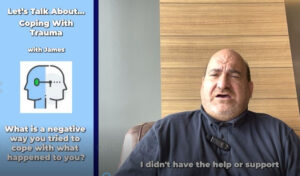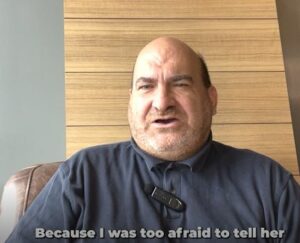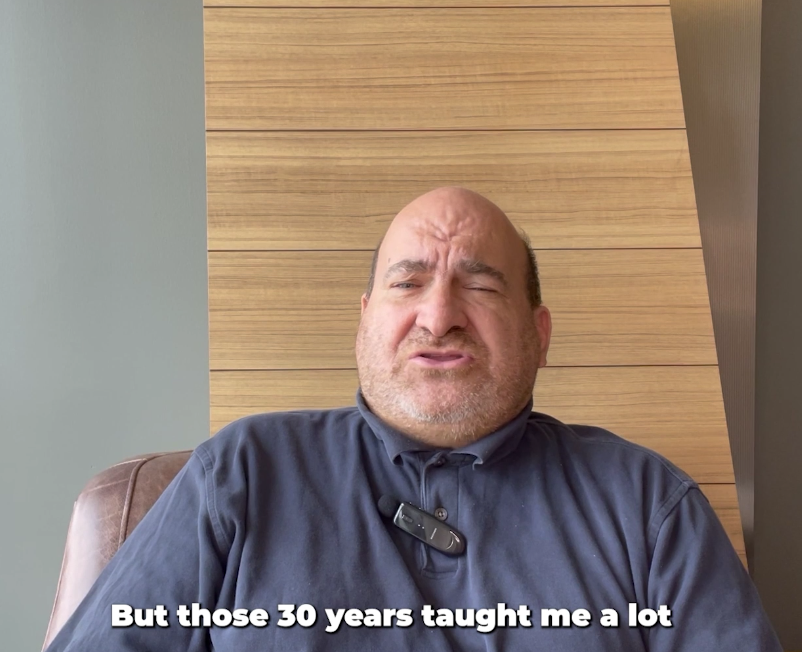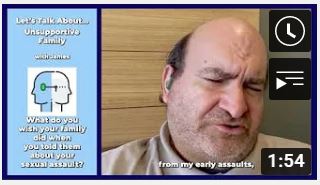Seen and Heard: IDD Community is a grant-funded project. That means we need to show we are making a difference. Please share your stories of impact. Click the link below. You don’t need to tell us your name. Just tell us how our work has helped you, changed your mind about something, or made you feel better.
We want to keep making an impact. Click the link to share your story:









